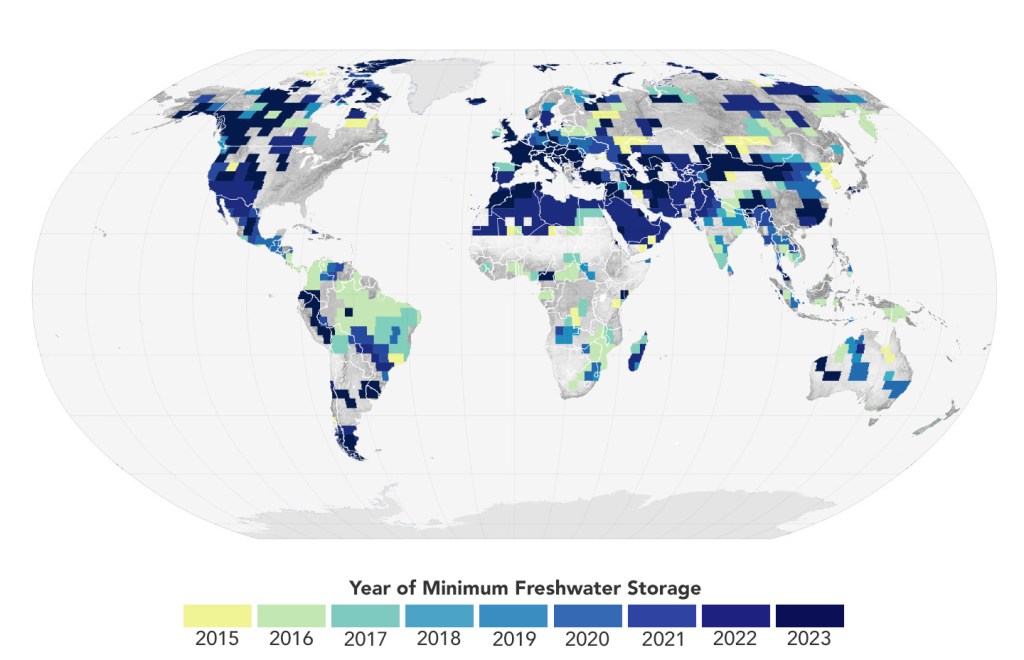Sharks, including whale sharks, are at a high risk of extinction due to overfishing, climate change, and habitat destruction. Conservation efforts have historically been impeded by limited public awareness and understanding. However, there is now a growing support for shark protection.
Shark ecotourism has become a significant industry, generating over $300 million annually globally and creating numerous jobs. However, the ecological impacts of shark ecotourism are not well understood.
Shark ecotourism has played a positive role in changing public perception by allowing individuals to interact with wild sharks. This has led to economic growth and job creation. However, the ecological impacts of shark ecotourism are still poorly understood. Some evidence suggests that certain activities, such as provisioning, can influence the abundance and composition of shark species and disrupt lower trophic level species. Even without provisioning, disturbances and injuries caused by boats pose significant threats. One area where shark ecotourism could have a significant impact is on shark behavior, which mediates interactions between species and can have downstream ecological effects. Some studies have reported changes in foraging activity, migration patterns, and avoidance/disturbance responses, but there is a lack of standardization in behavioral assessments and conflicting results.
In a recent study, researchers used Unoccupied Aerial Vehicle (UAV) videography to investigate the effects of human-shark interactions on whale shark behavior. Whale sharks are filter feeders that can reach lengths of up to 60 feet and weigh up to 20 tons. They have distinctive patterns on their bodies that help with identification. Whale sharks are popular subjects for ecotourism, attracting divers and researchers from around the world.
Whale sharks are found in warm oceans and seas near the surface, where they bask in the sun. They are a popular subject for ecotourism.
The study focused on whale sharks in Mexico’s Bay of La Paz. The researchers analyzed aerial videos to compare the sharks’ behavior when swimmers mimicking ecotourist behavior were present versus when the sharks swam undisturbed. The drone observations showed that the sharks displayed more disturbed behavior when swimmers were present, expending extra energy compared to solitary swimming. This behavioral shift could potentially affect their ability to find food and reproduce successfully. The findings suggest that shark ecotourism operators should assess the behavior of individual sharks before allowing tourists into the water. The researchers recommend revisiting regulations regarding the minimum distance between humans and sharks and avoiding interactions with sharks engaging in rapid, angular movements. Further studies are needed to fully understand the ecological impact of shark ecotourism on different shark species, emphasizing the importance of responsible and sustainable practices in this industry.













